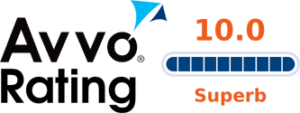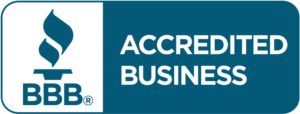Even with the recent implementation of the Patient Protection and Affordable Coverage Act (PPACA, colloquially known as “Obamacare”), it is still expected that medical debt – a leading cause of bankruptcy filings across the country – will still prove unmanageable for tens of thousands of people across the nation this year. Medical expenses have been steadily rising for the past several decades, and are now a significant contributing factor to a large portion of annual bankruptcy filings.
Given that medical creditors have the reputation of being some of the most harassing, disrespectful and persistent debt collectors around, it is no big surprise that medical debt plays a role in many debtors’ decision to seek bankruptcy protection. It is not just the uninsured that are having trouble paying their medical bills, though. An estimated 75 percent of people who reported that medical expenses were a driving factor in their bankruptcy filing actually have health insurance.
Will the PPACA help?
With that statistic in mind, experts seem undecided as to whether the PPACA will lead to fewer medical bill-driven bankruptcies or not. Some analysts – like Bhashkar Mazumder (of the Chicago Fed) and Sarah Miller (of Notre Dame) – use the Massachusetts healthcare system as a model and anticipate that the PPACA should have a significant impact on lowering the number of bankruptcies caused by delinquent, unmanageable medical debt. Others, however – like Jayne O’Donnell and Paul Overberg (of USA Today) – have analyzed deductible and coverage data from the HealthCare.Gov website and determined that, given the number of insurance options with deductibles above $3,000 and the limited coverage offered by some plans, the trend of medical bankruptcy will likely continue.
Insured or not, you could still be affected.
Regardless of your insurance coverage, though, unmanageable medical bills can wreak havoc on your financial life. In addition to the stress caused by the illness, accident or injury that produced the bills in the first place, there is the constant harassment from creditors. Of course, that can lead to the Catch-22 of having to decide between needed treatments or medications and utility or food budgets. Being forced to make those sorts of near-impossible choices has driven many people to make desperate financial decisions like payday loans, car title loans or paying medical bills with credit cards that result in thousands of dollars of interest and drive monthly payments to an impracticable amount.
Thankfully, there are better ways to get out from under debt without making your situation worse by racking up massive interest and fees. Filing for Chapter 7 or Chapter 13 bankruptcy protection will put an immediate halt to collection actions, stop creditor harassment and delay foreclosure or repossession. Oftentimes, bankruptcy will stop repossession or foreclosure altogether, and can result in the significant discharge of debt you need to get back on the right financial track. To find out more about bankruptcy and debt relief options, seek the advice of an experienced bankruptcy attorney in your area.



Better Business Bureau
Bankruptcy Practice Spotlight
If you are facing a possible foreclosure, I can take my two-plus decades of experience to help you save your house.

I understand how stressful the prospect of losing a house can be and am committed to working one-on- one with you to understand all details involved in your financial situation.

